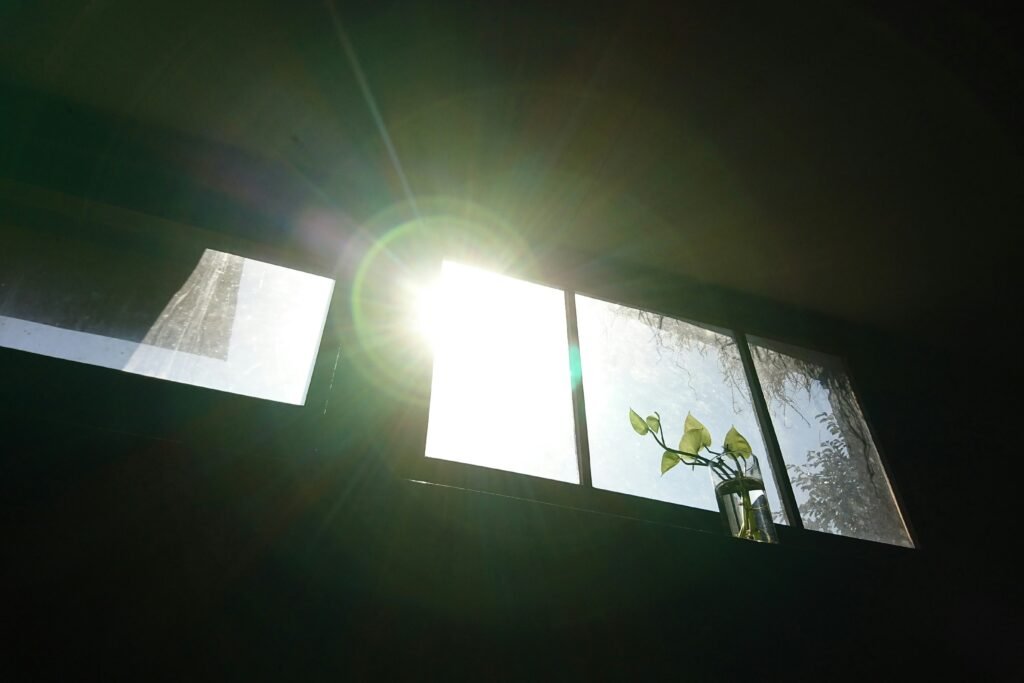The Messy Side of CPTSD
CPTSD can make you snappy, defensive, moody, and unpredictable. It’ll make you shut down right when someone needs you the most. It’ll push you into self-sabotage, blowing up relationships, jobs, and chances before they even get off the ground. And occasionally? It makes you come across as cold, detached, or like you’ve built a wall no one can climb.
And the worst part? When society sees those reactions, it doesn’t recognize them as trauma responses. It slaps on labels instead: toxic, selfish, dramatic, lazy, and ungrateful. Survivors then take those judgments and turn them inward. The self-talk gets brutal: I’m broken. I’m unlovable. I’m the problem. Suddenly, you’re not just wrestling with trauma; you’re wrestling with the crushing belief that you’re a fundamentally bad person.
These Aren’t Moral Failings
But here’s what almost no one says out loud: these aren’t moral failings. They’re neurological responses. A nervous system rewired by chronic trauma doesn’t switch off because you’re trying really hard to be “good.” Hypervigilance, fight-or-flight, and dissociation all come with side effects that look ugly from the outside.
And yes, CPTSD can make you act like an asshole sometimes. That part sucks. But it can also make you brave, empathetic, funny as hell, sharp, creative, and tough in ways most people can’t even imagine. Both sides live in the same body. Owning the messy doesn’t erase the good; it just makes the story honest.
Living at Maximum Volume
Think of it like living with a nervous system stuck at maximum volume, constantly overstimulated, constantly scanning, and constantly bracing for impact. That intensity leaks out whether you want it to or not.
Healing isn’t about slapping a “you got this” sticker over your pain and calling it a day. It’s about actually sitting with the mess, figuring out where the hell it came from, and slowly learning how to show up differently. It’s not pretty, it’s not linear, and it sure as hell isn’t Instagram-ready, but that’s the work.
So yes, CPTSD can make you act like a shitty person sometimes. That doesn’t erase the fact that it can also make you brave, resilient, empathetic, hilarious, creative, and wise. Both can be true at once. Naming the messy side doesn’t cancel out the beauty; it makes the story real.
The Radical Act of Self-Forgiveness
Maybe the most radical thing we can do as survivors is stop pretending we’re only lovable when we’re soft, kind, or easy to deal with.
Even in our worst moments, we’re still human. And as damn hard as it is to forgive ourselves then, we have to. If we don’t, shame eats us alive, and the guilt chains us to the very cycles we’re trying to break. For a deeper look at how to take responsibility without drowning in shame, see my post on Taking Responsibility for My Actions.
Here’s the gut punch: sometimes the people we hurt just won’t forgive us. Maybe the wound’s too deep, maybe their boundaries won’t bend, and that’s their call. But even if they can’t, we still have to figure out how to forgive ourselves. Because without that, we stay stuck. We confuse taking responsibility with beating ourselves up, and that loop just keeps us running the same painful patterns we’re trying so hard to break.
Remember, self-forgiveness isn’t about excusing the harm we do. It’s about recognizing that our nervous systems have been through hell and are still figuring out how to live in peace. It’s about giving ourselves the same compassion we’d give a friend who’s hurting.
We Are Human, and We Are Lovable
You’re not unlovable just because you’re messy. Or are you beyond saving because you shut down or lose it sometimes. And you’re not broken. You’re a human carrying a nervous system that had to learn survival the rough way.
Healing doesn’t wipe out the ugly stuff. It just teaches you how to face it, with honesty, with accountability, and maybe one day with a little softness. The more we can forgive ourselves, the more space we make to grow into who we were always supposed to be.
Because at the end of the day, CPTSD doesn’t make you unworthy of love. It just makes love, especially self-love, a practice.
Photo by Lhar Capili on Unsplash

